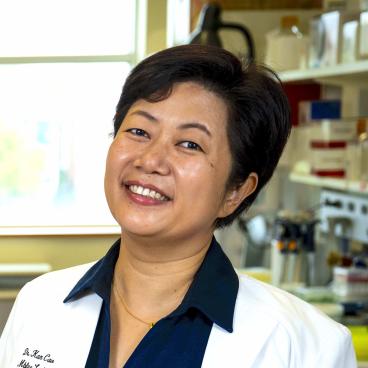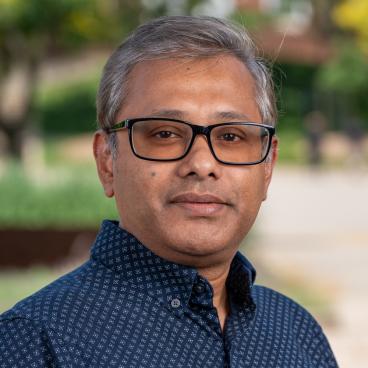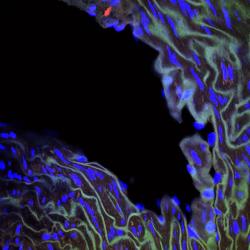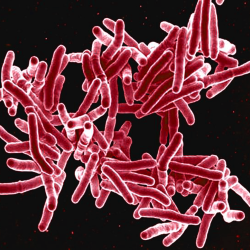Cells are the fundamental units of life in our planet. They are the vehicles for the genetic information that defines each biological species on Earth. Guided by this genetic information, the complex molecular machinery within cells orchestrates the acquisition of nutrients and information from the environment, cellular replication, and assembly into complex tissues and organisms. Our goal in studying cell and developmental biology is to understand how cells are constructed, how they accomplish their specific tasks, and how they assemble and cooperate. This is a fascinating and important area of investigation because it is situated at the center of all current efforts to understand biology. Laboratories within this area in CBMG and affiliated departments/institutes study cell and developmental processes using single- and multi-celled model systems, including bacteria, cultured mammalian cells, fruit flies, plants, and fish. The interests of faculty in this area include membrane traffic and organelle biogenesis, signal transduction mechanisms, cellular differentiation, cell-cell interactions, and plant and animal development.
Experimental approaches include light and electron microscopy, molecular biology, bioinformatics and computational biology, and biochemistry. Resources available for cell biological study within CBMG include state-of-the-art confocal microscopy, flow cytometry, proteomics, and genomics facilities.
Graduate Program
- Students interested in Cell and Developmental Biology should apply to the Biological Sciences (BISI) Graduate Program and, specifically, to the Molecular and Cellular Biology (MOCB) concentration area within that program.
- The BISI program is designed to teach students to think critically, communicate effectively and develop the research skills required for a successful career as an independent scientist.
- First-year Ph.D. students in the MOCB concentration area are expected to enroll in core courses, participate in lab rotations and attend seminars. After the first year, an advisory committee helps each student choose the advanced courses that are appropriate for the student's research plans and career objectives.
- The Qualifying Exam, in the third year, gives students the opportunity to defend the objectives and intellectual foundations of their dissertation research and to demonstrate an understanding of contemporary cell and developmental biology. Subsequent to this exam, students focus almost entirely on their research.
- In addition, graduate students have a good opportunity to improve their communication and interaction skills by serving as teaching assistants, as well as by presenting journal papers and their research in formal and informal settings throughout their graduate training. The vast majority of our graduates move on to successful careers in universities, research institutions or biotechnology companies.
Graduate Courses in Cell & Developmental Biology
- CBMG688D: Cell Biology I, Structure and Function
- CBMG688E: Cell Biology II, Signal Transduction
- CBMG688I: Genetics II
- CBMG688P: Plant Development and Physiology I
- CBMG688R: Plant Development and Physiology II
- CBMG688W: Techniques in Microscopy
- CBMG688J: Immunology and Host Defense
- CBMG688L: Microbial Pathogenesis
- Current Journal Clubs: CBMG 699Y: Plant Cell Biology; CBMG699X: Host Pathogen Interactions
Several other departments on the campus offer advanced courses that may be relevant to the research interests of students in this specialization.
















